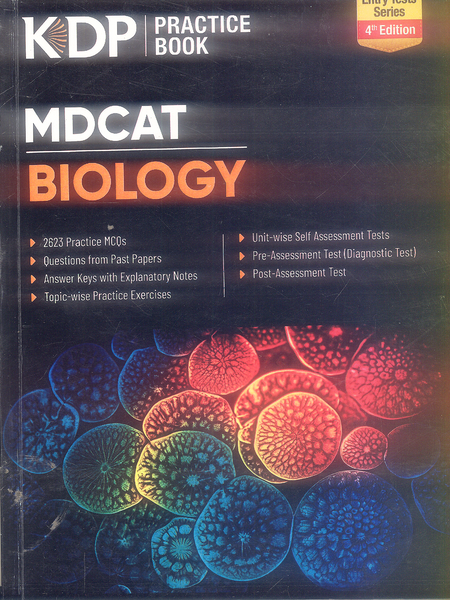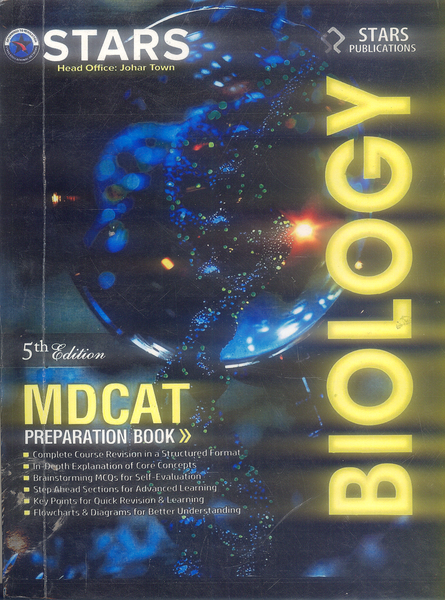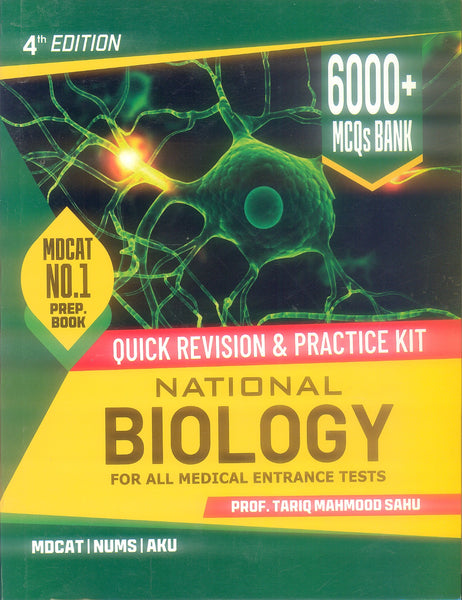Translational Bioinformatics For Therapeutic Development by Joseph Markowitz (Editor)
- Publisher: BIOLOGY
- Availability: In Stock
- SKU: 49379
- Number of Pages: 330
Rs.790.00
Rs.995.00
Tags: best books , Best Price , Best Selling Books , Bioinformatics Education , Bioinformatics Protocols , Bioinformatics Techniques , Biological Networks , Biomarker Discovery , Biomedical Informatics , Biomedical Research , Biotechnology , Clinical Decision Support , Clinical Informatics Infrastructure , Clinical Research , Clinical Trials , Data Analysis , Data Integration , Data Management , Data Sharing , Data Visualization , Genomic Informatics , Genomic Medicine , Healthcare Informatics , High-Throughput Sequencing , Immunology Informatics , Joseph Markowitz , Metabolomic Informatics , Metabolomics , Methods in Molecular Biology , Multi-Omics Approaches , ONLINE BOOKS , Online Bookshop , Pathology Informatics , Patient Outcomes , Personalized Medicine , Pharmacogenomics , Pharmacology Informatics , Proteomic Informatics , Proteomics , Research Collaboration , Research Methodology , Scientific Computing , Scientific Innovation , Springer , Therapeutic Development , Translational Bioinformatics , Translational Bioinformatics For Therapeutic Development
Translational Bioinformatics for Therapeutic Development
Editor: Joseph Markowitz
Quality: Black White Pakistan Print
🔹 Introduction
Translational Bioinformatics for Therapeutic Development, edited by Joseph Markowitz, is a comprehensive resource that bridges the gap between bioinformatics and therapeutic development. This book explores how bioinformatics tools, methodologies, and data analysis are applied in translating biological data into therapeutic innovations. It focuses on how computational methods can be used to understand diseases at a molecular level, identify potential drug targets, and streamline the process of developing new therapeutics. The work brings together contributions from leading experts to highlight current advancements and challenges in this rapidly evolving field.
🔹 Key Points
-
Bioinformatics in Drug Discovery: The book discusses how bioinformatics plays a pivotal role in discovering novel drug targets, identifying biomarkers for disease, and predicting drug efficacy.
-
Integrating Multi-Omics Data: It explores the integration of diverse omics data (genomics, transcriptomics, proteomics) to provide deeper insights into disease mechanisms and therapeutic strategies.
-
Precision Medicine: The book focuses on the role of bioinformatics in the development of precision medicine, tailoring therapies to individual genetic profiles and specific disease subtypes.
-
Computational Models in Therapeutic Development: Markowitz and contributors delve into computational models used to simulate drug interactions, predict side effects, and design effective therapies.
-
Challenges and Future Directions: The book addresses the challenges faced in translational bioinformatics, including data complexity, the need for interdisciplinary collaboration, and ethical considerations in using bioinformatics for therapeutic applications.
🔹 Why Read This Book
This book is essential for anyone working at the intersection of bioinformatics, computational biology, and therapeutic development. Researchers, clinicians, and drug developers will benefit from its in-depth analysis of how bioinformatics tools can expedite the drug discovery process. It provides a solid understanding of how computational approaches can be used to enhance therapeutic outcomes and improve patient care, making it highly relevant to professionals and students in the fields of bioinformatics, molecular biology, and pharmacology.
🔹 Conclusion
Translational Bioinformatics for Therapeutic Development is a valuable resource for understanding how bioinformatics is transforming the landscape of drug development. By integrating computational methods with experimental research, this book demonstrates how bioinformatics is enabling the creation of more effective and personalized treatments. Markowitz’s expertly curated contributions provide a comprehensive overview of the current state of the field, its applications, and its future potential in therapeutic development.
























